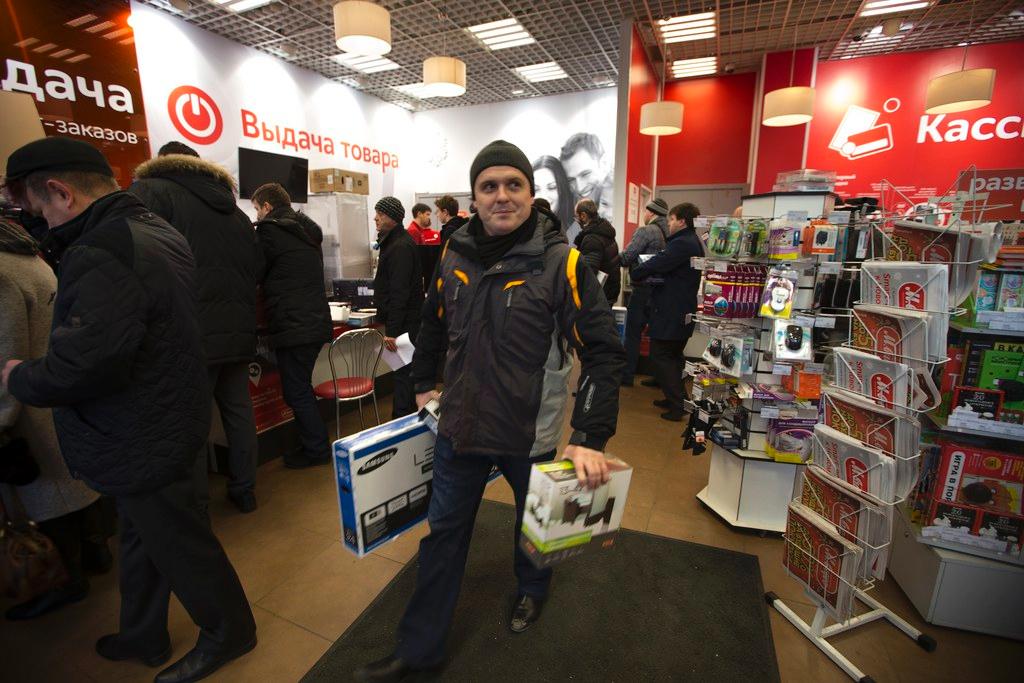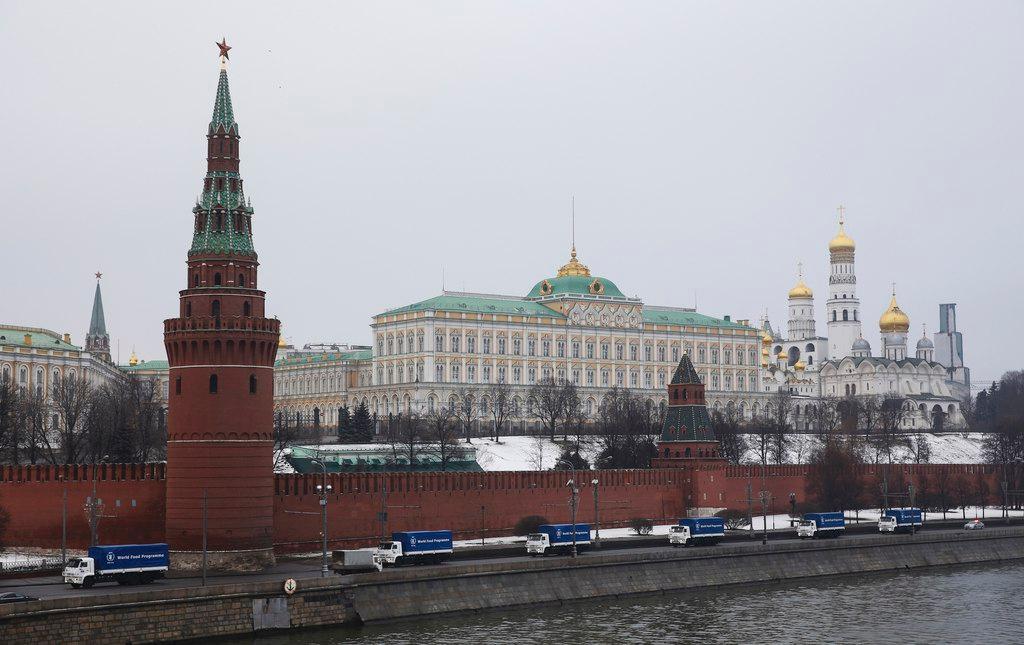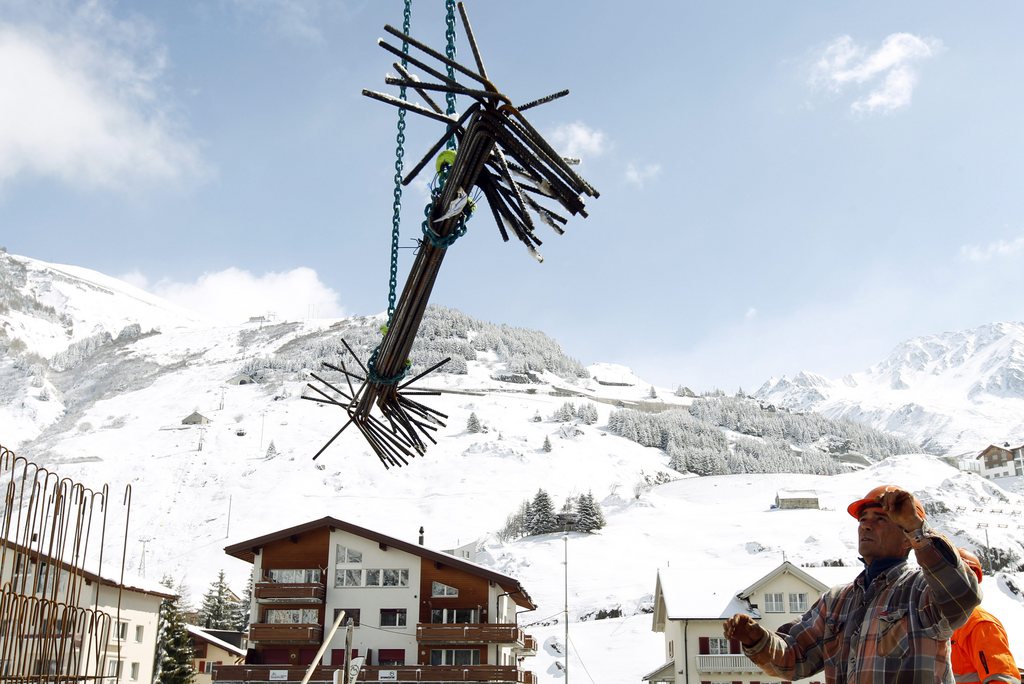Swiss luxury hotels hit by rouble crisis

Russia’s current rouble woes are set to have a much bigger effect on Switzerland’s hotels over the winter season than the late arrival of snow.
“We’re looking at income from Russian guests dropping by up to 30%,” said Guglielmo Brentel, president of the Swiss Hotel Association (hotelleriesuisse).
He said hotels in the top-price bracket have been hit particularly hard, with the absence of wealthy Russians set to really hurt hoteliers in January.
“Because the holidays take place later in Russia, Russian guests have always helped [Swiss hotels] fill the January hole,” he said.
Russia’s economy shrank sharply in November and the rouble resumed its slide on Monday as Western sanctions and a slump in oil prices combined to inflict the first contraction in GDP since the global financial crisis in 2009.
The rouble had lost more than half of its value at one stage in December, although it has since recovered after the government introduced informal capital controls and raised interest rates steeply.
Overall, the rouble’s weakness will inevitably lead to higher inflation next year by pushing up the cost of imports, threatening President Vladimir Putin’s reputation for ensuring Russia’s prosperity.
Russians have kept a wary eye on the exchange rate since the collapse of the Soviet Union. Hyperinflation wiped out their savings over several years in the early 1990s and the rouble collapsed again in 1998.
Tourism officials in the exclusive resort of St Moritz in the Engadine valley in eastern Switzerland said they were expecting fewer affluent Russians – “but those who come are still happy to spend roubles”, said tourism spokesman Roberto Rivola.
He pointed out that in addition to skiing, the Engadine also offers polo, horse-racing and networking opportunities for businesspeople.
As for the delayed start to the winter season in Switzerland – many ski resorts didn’t get snow until December 25 – Brentel said this wasn’t “crucial” for the current season, saying the chances for a successful winter season were still good.
Hotel health
Brentel stands down as president of hotelleriesuisse at the end of the year. For him, the most significant development in the sector over the past ten years has been the emergence of online booking platforms.
“These have really shaken up our industry,” he said.
In his view, many Swiss hotels had done their homework adapting to the internet – good Swiss hotels were global leaders, he said – nevertheless there were still establishments which underestimated the importance of an online presence.
Brentel said the greatest challenge for the future was attracting good young staff and improving profitability.
“As a result of guests’ increasing expectations and, at the same time, decreasing willingness to pay [high sums], the aim for Swiss hotels must be to offer a better product for less.”
For Brentel, the answer to this dilemma lies in increased cooperation among destinations.

In compliance with the JTI standards
More: SWI swissinfo.ch certified by the Journalism Trust Initiative












You can find an overview of ongoing debates with our journalists here . Please join us!
If you want to start a conversation about a topic raised in this article or want to report factual errors, email us at english@swissinfo.ch.